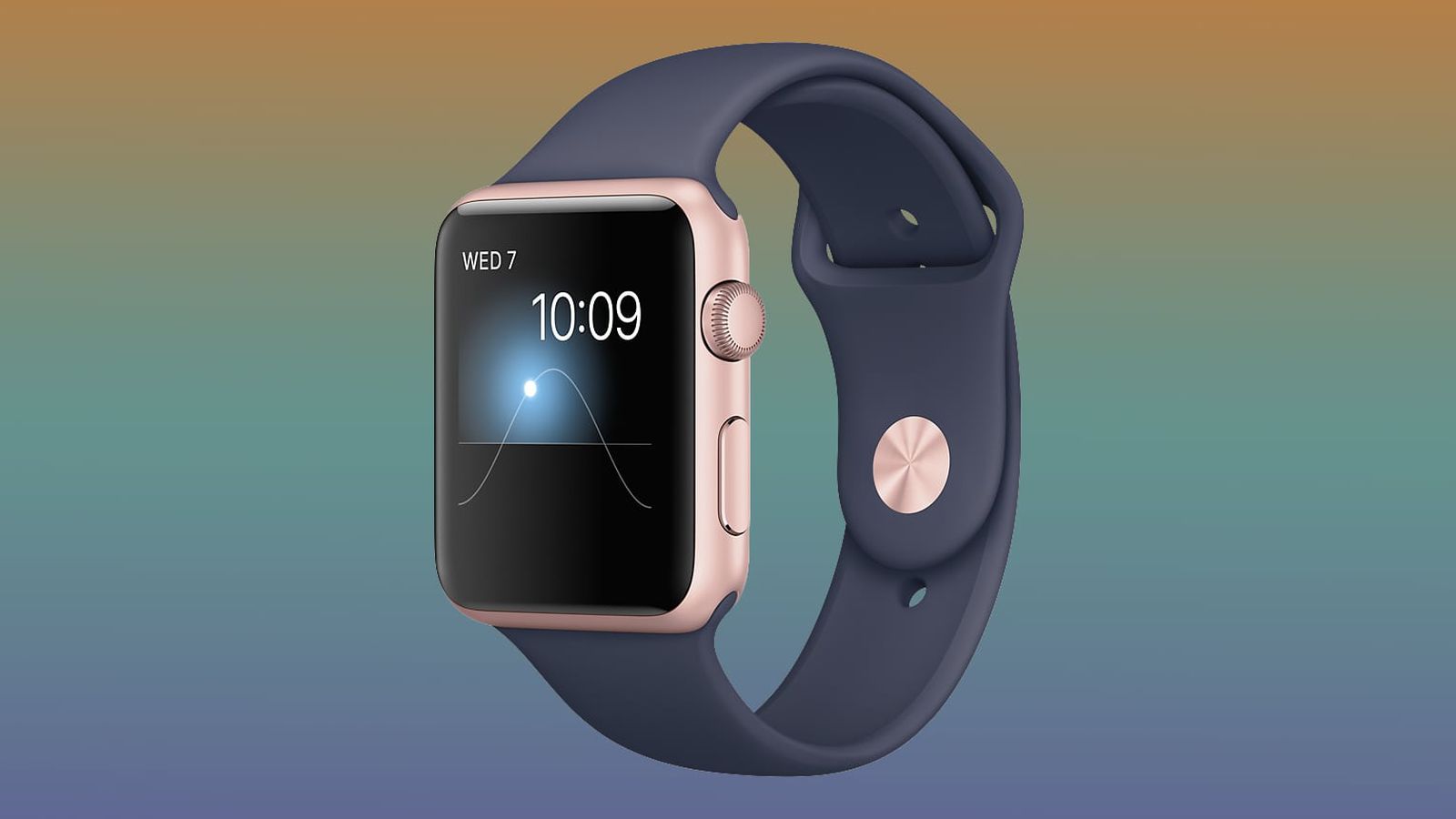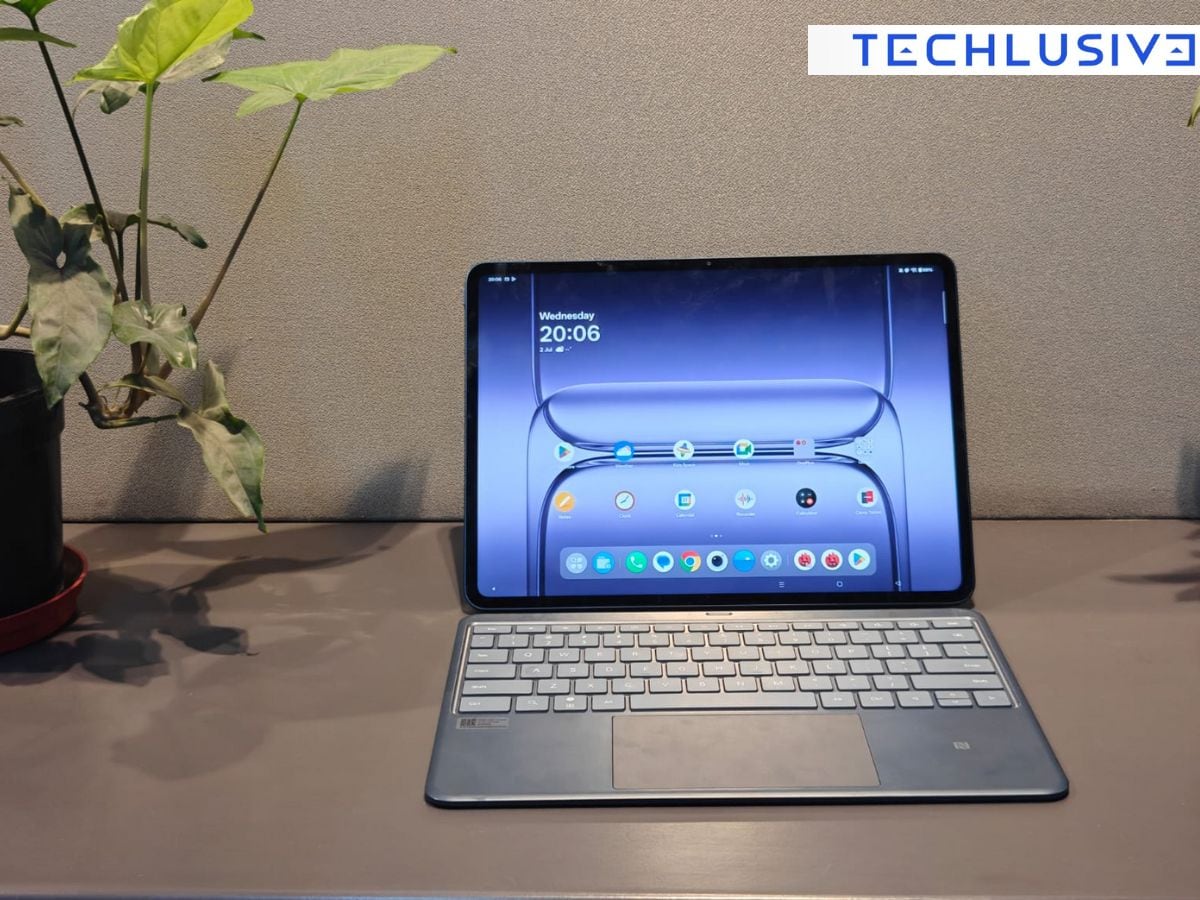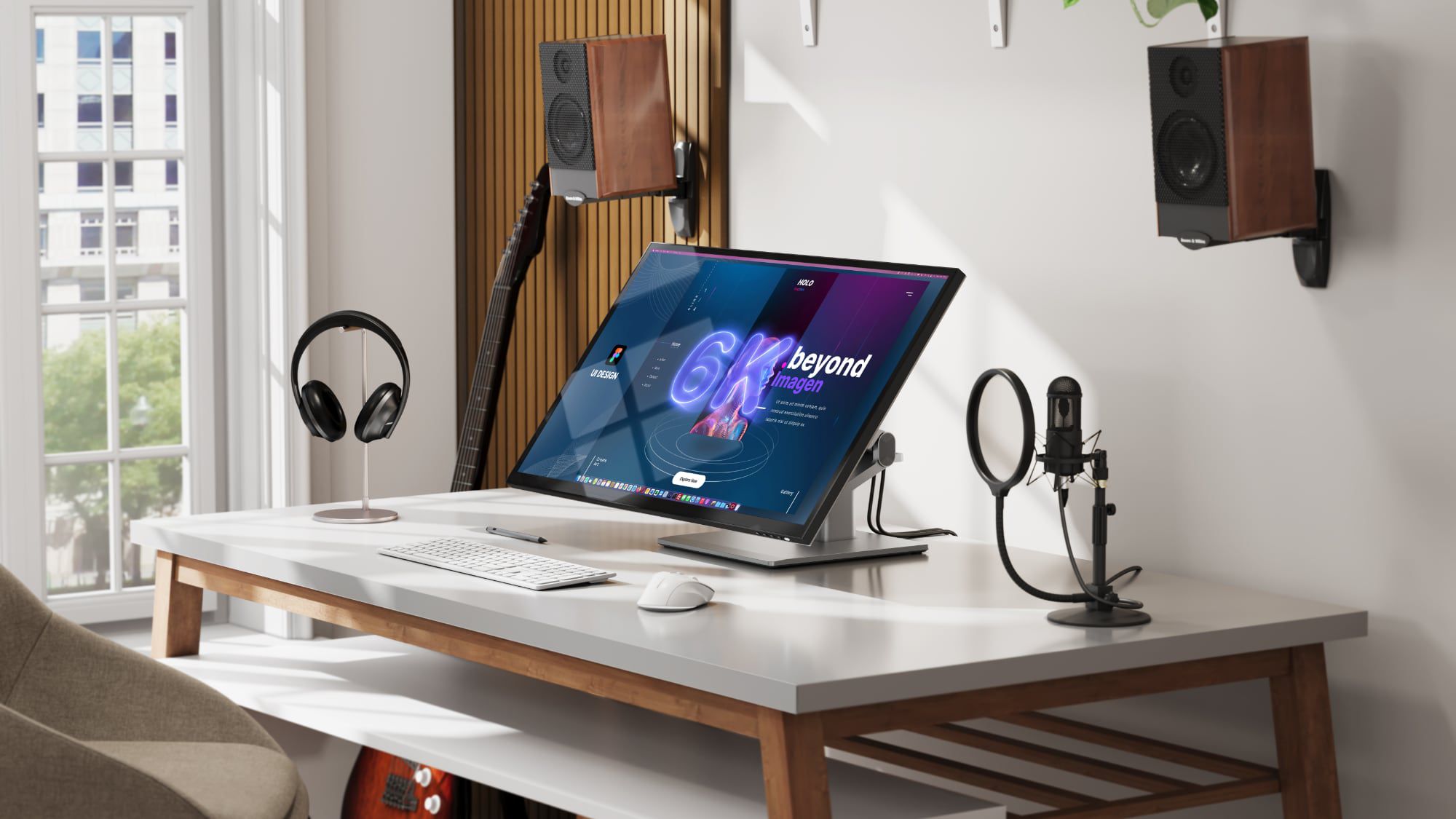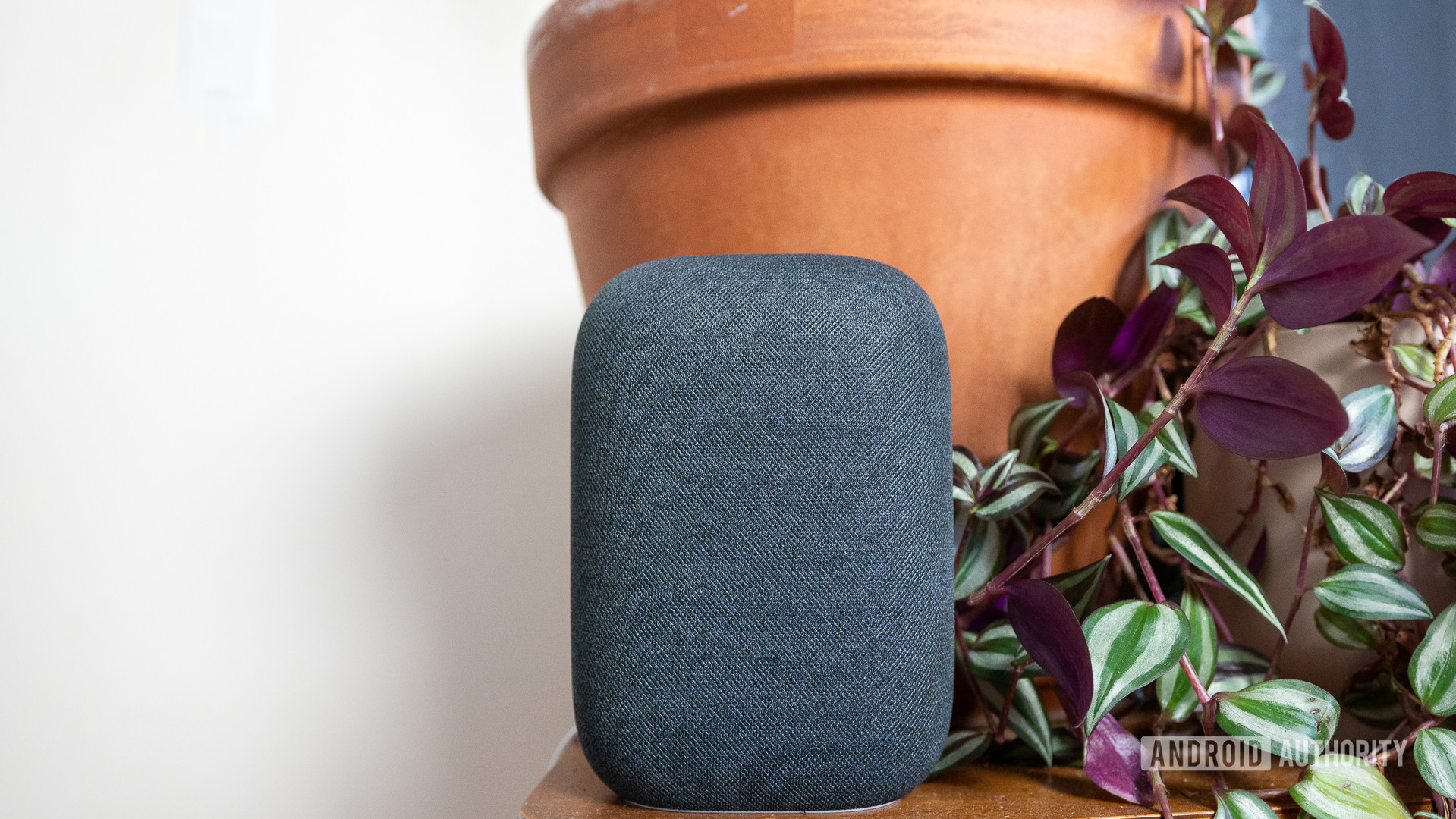Teeth on display at the Wellcome Collection, London. — Image by © Tim Sandle.
Sensory neurons inside the tooth send pain signals to the brain, as is wellestablished. A new study reveals greater functionality; here, these neurons are multitaskers that also trigger a jawopening reflex that almost instantaneously prevents damage and further injury to teeth.
The reflex that pops open the lower jaw was a widely known craniofacial reflex, but until this study was published the cellular origins of this phenomenon were not known.
With the study, University of Michigan researchers in sensory neuroscience, dentistry and mechanical engineering found the origin using special live imaging, behaviourtracking tools and mice molars to uncover the neurons’ additional role of monitoring the inner tooth and outer enamel.
The discovery and understanding of this additional role shows how important healthy, active nerves are for preserving teeth.
“We suspected there was a more fundamental role for tooth nerves,” says Joshua Emrick, senior author of the study and assistant professor at the UM School of Dentistry in a research note. “When we consider regenerating a tooth pulp, we need to bring back the nerves.”
The science team looked at how nerve cells reacted to stimulation of the molar teeth of mice in real time. These experiments have revealed a newly defined, protective role for intradental HighThreshhold Mechanoreceptors (HTMR), which are highly specialized sensory neurons that respond to tooth damage. These HTMRs detect dangerous threats and send the message rapidly to the brain for instantaneous action.
“Our study challenges the prior assumption that nerves inside the tooth primarily function to elicit pain and force us straight to the dentist for help,” Emrick adds. “If you’ve ever accidentally bitten down on your fork, you’ve probably experienced a startling jolt, but also stopped short of fracturing your teeth. You may thank these intradental HTMRs for that.”
The reflex is really about selfpreservation
Continuing with the importance of the finding, Emrick continues: “We think protection of the teeth through this jawopening reflex is highly conserved among mammals that haven’t developed the ability to replace teeth—like humans or in the molar teeth of mice…Our work reports an ability to use these neurons to also elicit pain which will open up possibilities for developing new methods for relieving toothache at the dentist’s office.”
To break it down further, the study, shows that when enamel or dentin is damaged, the neurons fire a response. Followup experiments determined what happened after the HTMRs were activated. As previously known, the research group identified that they trigger acute pain, yet surprisingly they also witnessed a rapid jawopening reflex within 5 to 15 milliseconds of the activation.
HTMRs may also protect other oral and body structures from damage, since sensory neurons are essential in protecting and maintaining our tissues throughout life.
The findings appear in the journal Cell Reports, titled “Intradental mechanonociceptors serve as sentinels that prevent tooth damage.”










